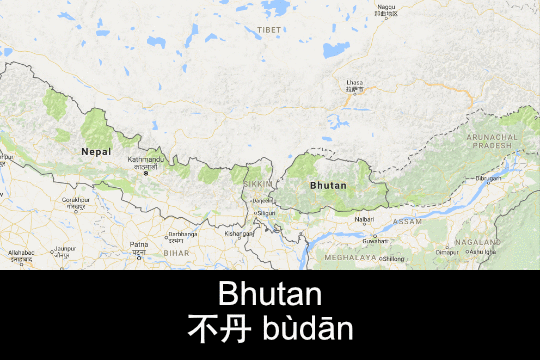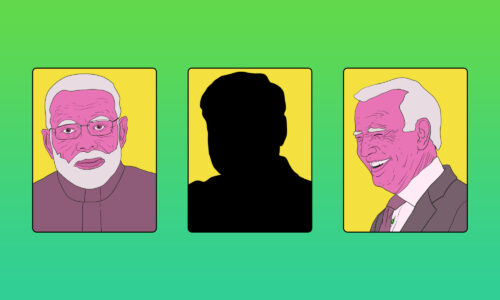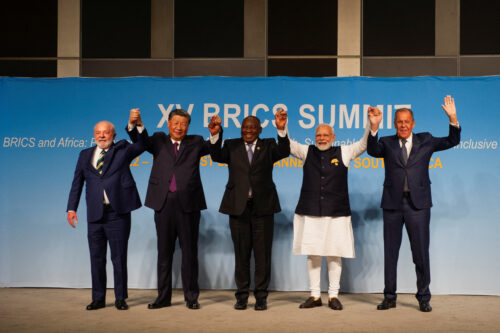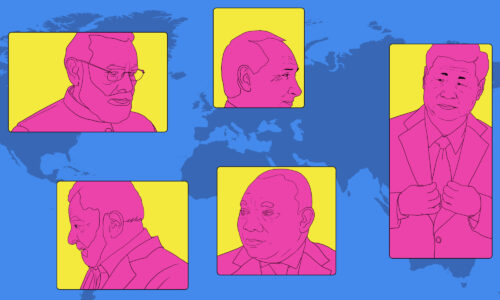China-India-Bhutan standoff is ‘the worst in 30 years’
Jeremy Goldkorn’s selection of the top stories from China on July 5, 2017. Part of the daily The China Project newsletter, a convenient package of China’s business, political, and cultural news delivered to your inbox for free. Subscribe here.

Standoff in the Himalayas with China, Bhutan, and India
The ownership of a finger of land between the Himalayan country of Bhutan and the Indian state of Sikkim has been unsettled since clashes between the Chinese and Indian armies in 1962. Tensions over the border are heightened again.
- In June, Chinese troops began building roads in the disputed area. Bhutan’s army asked India for assistance to push back the Chinese construction teams. The BBC has a useful roundup of the history and context of the current tensions.
- The China Daily reports that Luo Zhaohui 罗照辉, the ambassador in New Delhi, has “urged India to unconditionally withdraw its border troops.”
- The South China Morning Post notes that Luo called the border row with India “the worst in 30 years.”
- The Hindustan Times says, “The genesis of the current stand-off between India and China dates back to the sixties when then Prime Minister Indira Gandhi came out in support of Bhutan.”
Volvo goes electric
The BBC reports that Volvo announced that all of its newly designed cars will have an electric motor from 2019, with plans to “launch five fully electric models between 2019 and 2021 and a range of hybrid models.” The company will not yet stop manufacturing earlier models with no electric motors. Volvo aims to sell one million electric cars by 2025.
Not lost on many commentators in the auto industry: Volvo is owned by Geely, a company headquartered in China, where the government is strongly pushing the development of electric vehicles. For more on Geely, read “The astonishing rise of a small Chinese car company” on The China Project.
Hong Kong, law, and gardens
- An excellent roundup by Maura Elizabeth Cunningham of recent articles giving context to the complicated political climate in Hong Kong.
- The China Collection: a group blog by legal scholars Donald Clarke, Nicholas Howson, Carl Minzner, Barry Naughton, and Fu Hualing 傅華伶.
- A meditation on photography in a Suzhou garden by Jim Millward (or listen to a Sinica Podcast with him: It’s all connected: Silk Roads old and new).






